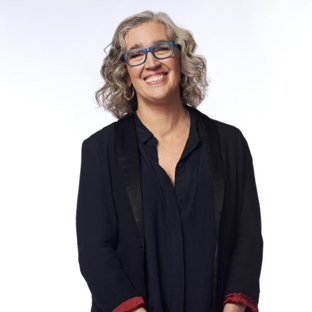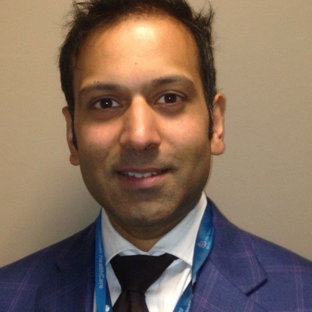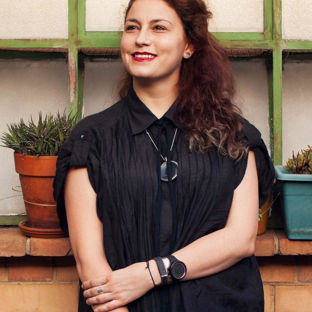What happens to our bodies when we die? Do our bodies define who and what we are – or are they a vessel for something more?
In the final talk in our Dead Calm series, we’ll focus on the site of death itself, exploring the physiological and philosophical implications of death for the human body. For many of us, ‘bodies’ are an integral part of the whole discussion of death and also the most confronting. Does the way we treat our bodies after we die have ethical implications, or merely practical ones? How do different religious traditions conceive of the body after death? And how is the meaning of death changing with advances in medical science?
Hosted by Hilary Harper, we’ll talk organ donation, artistic intervention, bioethics and more.
This event will be Auslan interpreted.
Featuring

Hilary Harper
Hilary Harper is a massive book and radio nerd – she's spent 30 years on air, 20 at the ABC, and as far as she knows, is the only person to do a traffic report in haiku. She presented Life Matters for six years, and is now ...
Dominique Martin
Dominique is Senior Lecturer in Health Ethics and Professionalism in the School of Medicine at Deakin University. She studied Medicine and Arts as undergraduate degrees and completed a PhD in Applied Ethics at the University of Melbourne in 2011 on the topic of markets in human biological materials. Her bioethics research focuses primarily on issues related to procurement, use, and distribution of medical products of human origin such as organs and tissues for transplantation, or gametes used in assisted reproductive treatments, as well as ethical issues in nephrology, and professionalism issues relating to sale of unproven stem cell interventions.
Dominique is a member of the NHMRC Organ and Tissue Working Committee and the Doha International Academy for Organ Donation. She is an Associate Editor of the journal Transplantation and currently serves as an ethicist on the Western Health Clinical Ethics Committee. She is past co-chair of the Ethics Committee of The Transplantation Society and of the Declaration of Istanbul Custodian Group. She has also worked with the World Health Organization and the Australian Organ and Tissue Authority on ethical issues in donation and transplantation.
Dominique has authored or co-authored more than 35 peer reviewed journal articles and book chapters, and regularly presents at Australian and international medical and bioethics conferences.

Rohit D'Costa
Rohit D’Costa is the medical director of Donatelife Victoria, the State’s organ donation coordination service. He is also an intensive care specialist at the Royal Melbourne Hospital.
Rohit has a specific interest in the organ donation conversation, being a national trainer for the Organ and Tissue Authority’s professional education package which focuses on this important topic. He also sits on the Australian and New Zealand Intensive Care Society’s Death and Organ Donation Committee.

Pia Interlandi
Pia Interladi is a fashion designer holding a PhD in Architecture and Design from RMIT University, where in 2013 she completed her doctoral study [A]Dressing Death: Fashioning Garments for the Grave. A full time academic in the School of Fashion and Textiles as RMIT, she has also completed Funeral Celebrancy training from the Celebrants Training College and freelances as a Creative Ritual Facilitator within the funeral industry. In 2014 she co-founded the Natural Death Advocacy Network (NDAN), is an ambassador for Dying2Know Day and is a member of the Order of the Good Death.
She has spent ten years immersing herself into the funeral industry, including two years working at the award winning Clandon Wood Natural Burial Ground in the UK where she was involved in over one hundred natural burials and funerals. In 2013 she was featured in an ABC Artscape Anatomy documentary called ‘Soul’ in which she worked with her first Garments For the Grave client, and then nominated and was runner up at the Good Funeral Awards for the Most Significant Contribution to the Understanding of Death. In 2017 she was commissioned by the Museum of Modern Art (MOMA) in New York, for a Little Black (Death) Dress, emphasising the importance of dressing and touch at the end of life.
